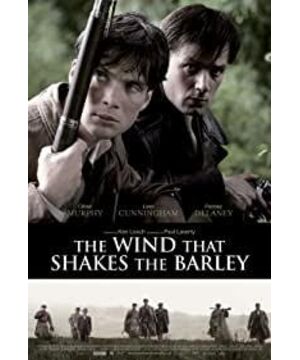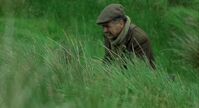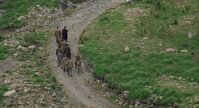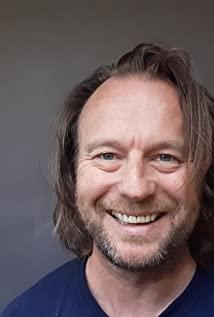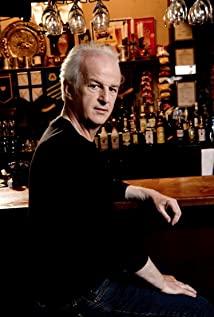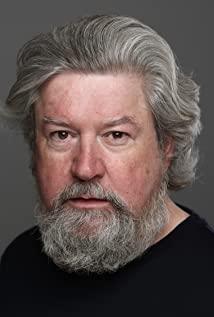In the anti-colonial movement, when the ideal of building a nation-state collided with the reality of class oppression, how should we choose? This is one of the questions I feel the most after watching this film. The film shows this through the split between two brothers (or two fighting forces that were once on the same front). Two brothers from the same class (perhaps squires) embarked on two opposite paths of struggle. The older brother diligently sought the independence of Ireland. He did not hesitate to temporarily compromise with the British government for this purpose and set up a free state, but he seemed to "turn a blind eye" to the issue of workers and peasants. : ""Why do you always put labor over the republic? On the contrary, the younger brother fought not only for the Irish national movement, but also for the interests of the working and peasant class. So there is a very paradoxical scene: in the same cell, the film was originally the British colonists imprisoning the revolutionaries of the anti-colonial movement. , the elder brother endured torture and did not want to reveal where the weapons were hidden; after the establishment of the Free State, it was the elder brother in the uniform of the Free State who imprisoned his younger brother who had fought with him and persuaded him to reveal the location where the weapons were hidden. In the same space, the oppressor And the rebels have changed, or in other words, the former rebels have become the new oppressors. From the landlord living in the mansion to the brother who was (of course, still is) a revolutionary, the forces allied with the British government have changed. However, as long as the workers and peasants are not liberated and the class issue is not taken seriously, the deep-rooted power relations will not change. In this sense, it is really the "colonial power that colluded and conspired" as Luo Yongsheng said. (Whether this theory proposed by Luo Yongsheng can be compatible with the Irish context remains to be read)
Other points:
continue to struggle (may fall into the theory of permanent revolution?) VS Temporarily compromise
Catholic Church
Revolution + Love Mode
Brother's psychological transformation
2016.6.15 Added to the "Borders and Mobility" course notes:
Laclau's Theory of Political Struggle: Bringing People Together Through Action, Creating (rather than having) a Common Identity, and Electing Representatives to Lead People - Temporary Suspension The differences between us and the emphasis on homogeneity (Laclau's most criticized point: such a political action is already repressed before liberation, some kind of possessive, inclusive "hegemony"; single enemy)
use enemy methods to defeat the enemy and eventually replace the enemy.
View more about
The Wind that Shakes the Barley reviews


